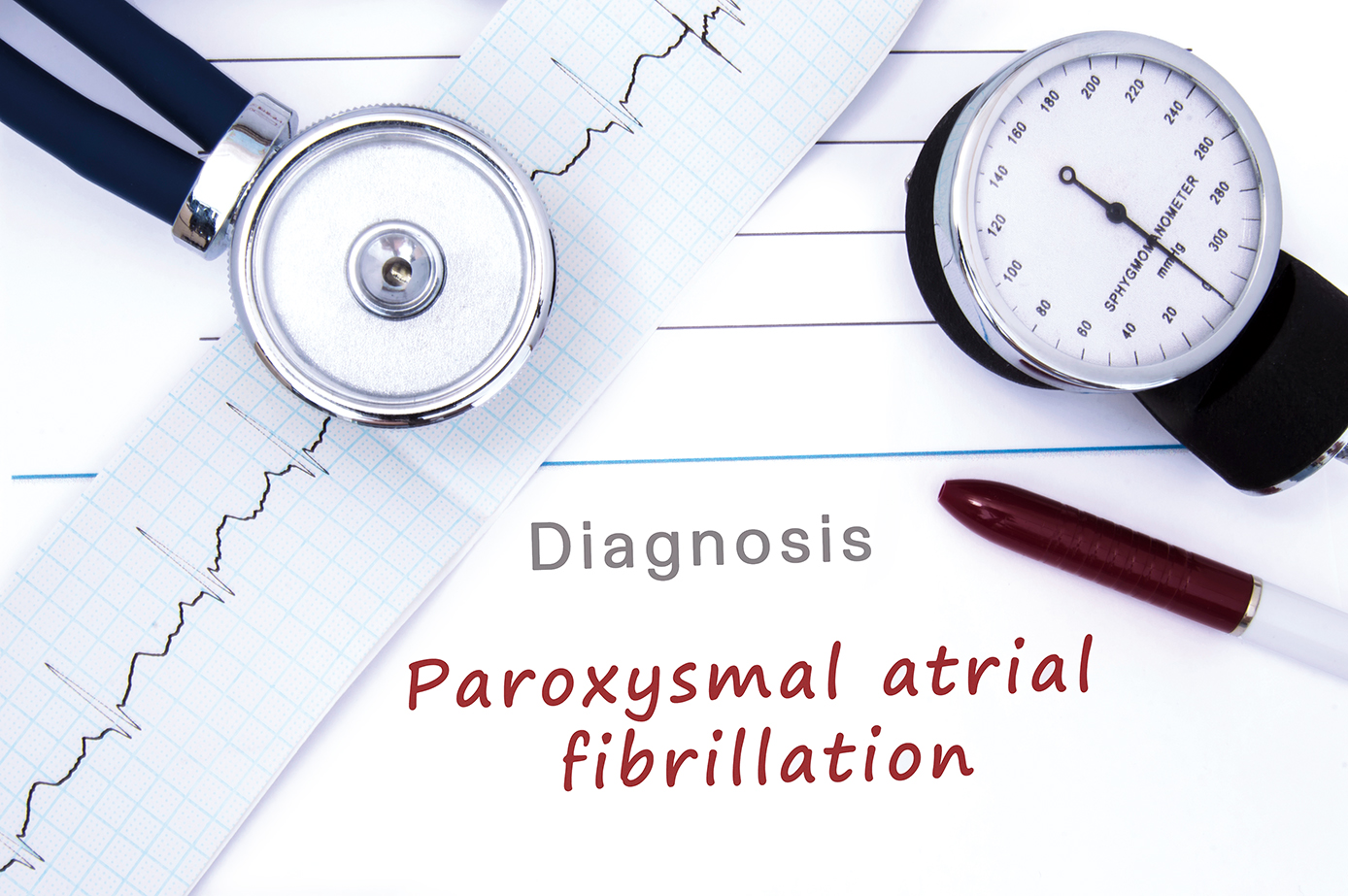You may have a low risk for stroke, but that could change
By Wendy Haaf
People diagnosed with atrial fibrillation (AF) but nonetheless assessed as having a low risk for stroke—and therefore not prescribed blood thinners—might benefit from an annual reassessment, according to a study that appeared in the journal Annals of Internal Medicine, which is published by the American College of Physicians.
Using an insurance database, Taiwanese researchers pinpointed almost 15,000 adults who were rated as low-risk for stroke upon being diagnosed with AF. (The assessment is done using a calculator that assigns point values to seven factors, including age, sex, and a history of hypertension, congestive heart failure, vascular disease, diabetes, and stroke/TIA/blood clots.) None had been prescribed blood thinners.
Over roughly three years, more than a third of those being followed had developed a condition that pushed their risk into a range that warranted treatment; in half of those cases, the change occurred within the first year.
The researchers proposed in their paper that patients with AF should have their stroke risk reassessed “at least annually.”
Photo: iStock/Shidlovski.






